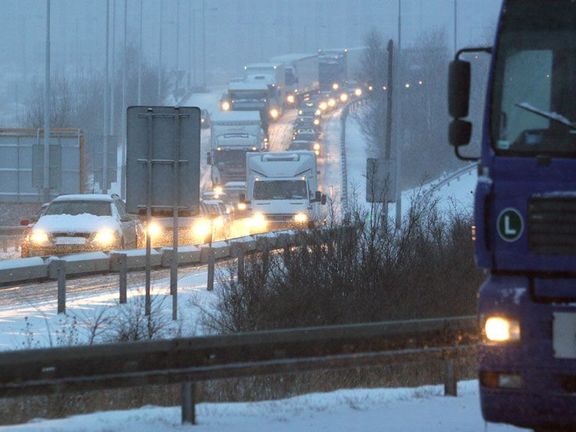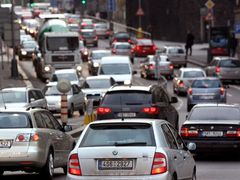Prague - After having the prices of the public transport increased, the Prague will join the club of European metropolises with the most expensive mass transit systems.
Even though the Prague city hall approved a less dramatic price hike than originally proposed by the Prague Public Transport Co., Aktualne.cz found out that the price of non-transferable tickets compared to average salary will be the highest in Europe.
One-month and one-year season tickets are not going to be exactly cheap, either.
City hall: It is still quite low-cost
But Prague Mayor Pavel Bém sees it differently: "Regarding the purchasing power parity, our system is one of the cheapest," he boasted. Not only Western Europe, but also Budapest is said to be more expensive, he says.
However, what the Prague city hall didn't do was to compare the prices with average salary. Even with the general price level taken into account, Czech salaries are two times lower than in Germany or France. In this context, non-transferable tickets are the most expensive in Europe.
The price of single transferable and non-transferable tickets was raised from 20 to 26 and from 14 to 18 Czech Crowns, respectively. One-month travel permit will cost 550 instead of preceding 460 crowns, one-year ticket will cost 4750 crowns instead of original 4150 crowns.
A "car-rush" coming?

Concerning the ticket price hike, there is another serious question: won't people turn to automobile transport in response? The city hall is in the dark on this: there has been no analysis made concerning this possibility.
One thing remains certain, though: In the last 15 years, automobile traffic has grown more than in the whole previous century. Many streets suffer from virtually permanent traffic jams and pollution is a major problem for the city dwellers.
Every day, 287.000 cars drive to and through the wider center of Prague.
According to the latest environmental yearly review done for Prague, the traffic in the city center is rising continually since 1990s. In case of some particular roads, the volume has nearly quadrupled. Compared with 1990, the city center has three times more vehicles, with the highest increase being in the number of private cars.
Health concerns
Not only particular streets, but the wider center as a whole is overloaded. The distinction between "rush hour" and "routine" traffic is slowly disappearing with the major crossroads being congested more and more frequently.
"Traffic jams are increasingly common, extensive, and enduring," informs the above-mentioned year-book, stating the obvious environmental risks that come along with this trend.
One of the especially dangerous substances polluting Prague's air is benzopyrene, a carcinogen. "With regard to the health of the people, the situation is alarming", warns the report.

